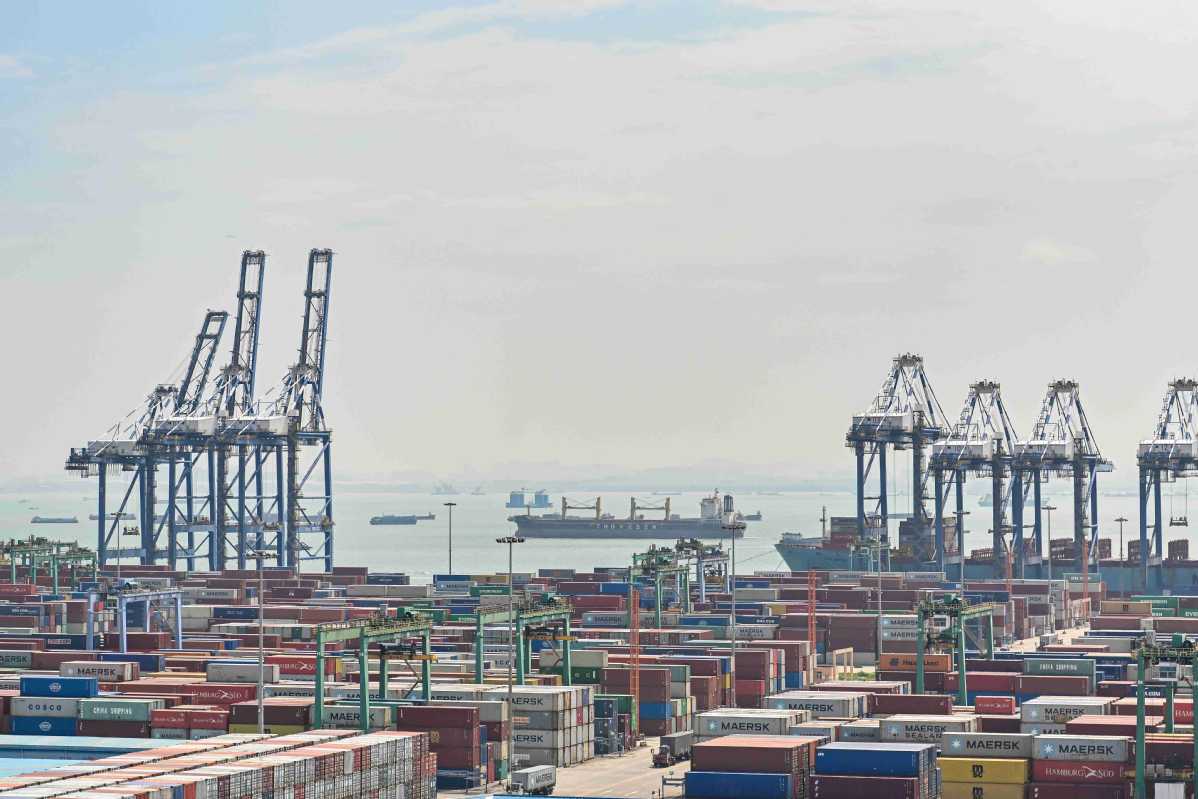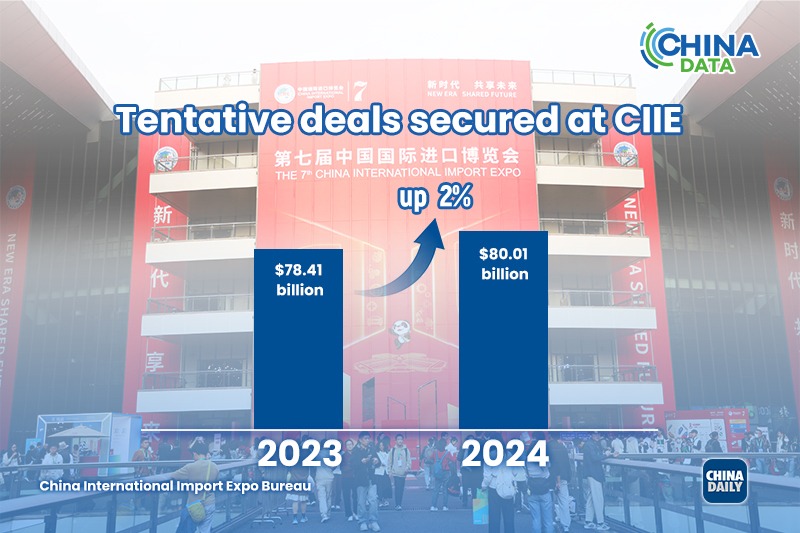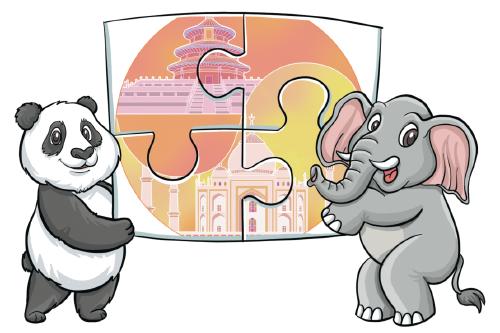For global companies, China needs to be the core


Editor's note: In an opinion piece published on the South China Morning Post, Edward Tse,founder and chairman of Gao Feng Advisory Company, wrote that with its influence, tech, currency and market, China is set to play a key role in the emerging world order as a big contributor to global economic growth. Below is an excerpt of his article.
The world is changing, with shifts in geopolitics, economics, technology, climate, public health, and demographics driving huge and unprecedented uncertainties. A new world order is taking shape, with China's rise as a major economic power remaining a key driver behind these tectonic shifts. Business leaders are grappling with many questions, including the feasibility of decoupling, the impact of technological innovations, the changing role of China in global institutions and blocs, and the possibility of negative scenarios like all-out military conflicts or complete decoupling.
China continues to be a major contributor to global economic growth, a leader in technological innovation, and a major trade partner for most countries in the world. With its expanding influence and leadership, China is expected to play a pivotal role in shaping the emerging world order, which may arrive sooner than expected. The International Monetary Fund predicts that China will contribute 22.6 percent of world economic growth over the next five years. Recent "discontinuities" include the surpassing of the combined GDP of BRICS nations in 2021 that of the G7 countries, while China's exports to countries involved in the Belt and Road Initiative exceeded its exports to the US, Europe, and Japan combined in the first four months of 2021.
Although labor-intensive supply chains have been migrating out of China for over 15 years, new supply chains for more sophisticated products such as new energy vehicles, renewable energy equipment, and electrical instruments have emerged, contributing to China's growing influence in the global economy. The yuan is playing an increasingly significant role in global financial settlements, driving a recalibration of the US dollar's dominance. Companies need to consider China's growing influence when formulating their global strategies.
To remain competitive, business leaders need to include China in their strategic plans, with a particular focus on China's strength in electric vehicles, battery technology, intelligent connectivity for vehicles, and high-end chips. Competition from local Chinese companies is stiff, but not being in China can lead to a company being marginalized over time. It is also critical to consider the growing middle class in China and other countries in the Global South, which will greatly impact the demand for consumer and industrial products, financial services, and travel and tourism.
In this emerging world order, misreading and misinterpreting shifts and trends on a larger scale and a wider horizon pose real risks. Global companies must take stock of what is happening and reimagine the world of the future, planning their strategies against this modified vision. Despite short-term turbulence, global growth will continue, particularly in the Global South. The geographical distribution of demand for goods and services will change tremendously in the coming years. Businesses need to be prepared for this shift and sort out what is fluff and what is real, with a focus on long-term competitiveness and reputation.
Finally, business decision-makers should acknowledge that geopolitics, economics, and relationships are not mutually exclusive but rather intertwined with one another and should not be approached as separate realms. Through collaboration, companies can maximize their potential within the current geopolitical climate.


































